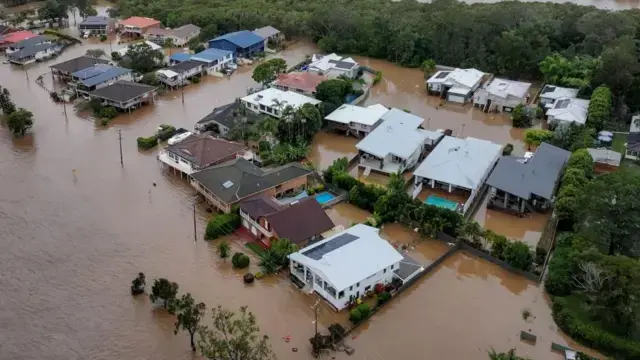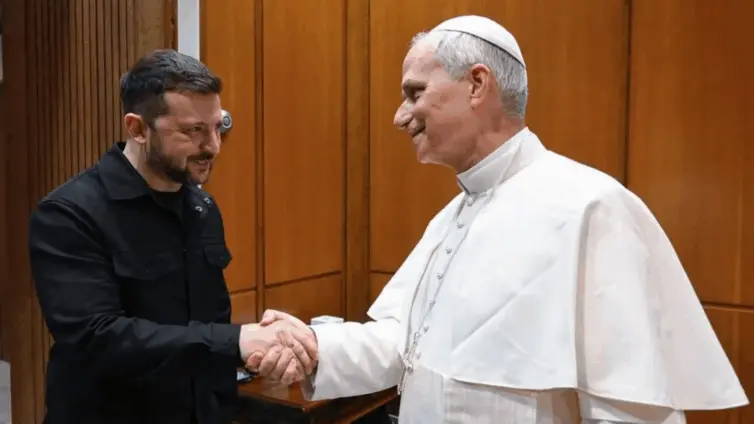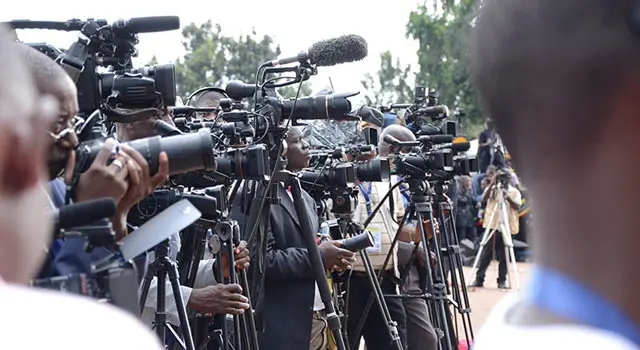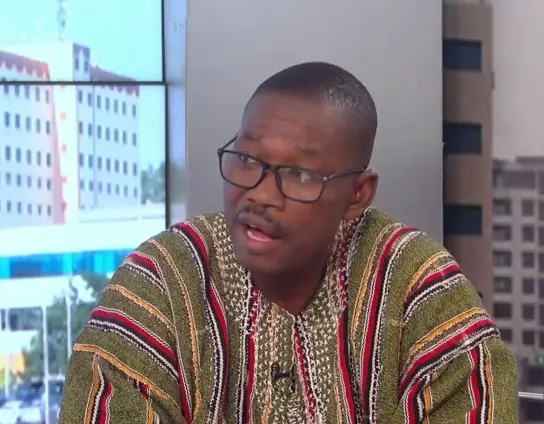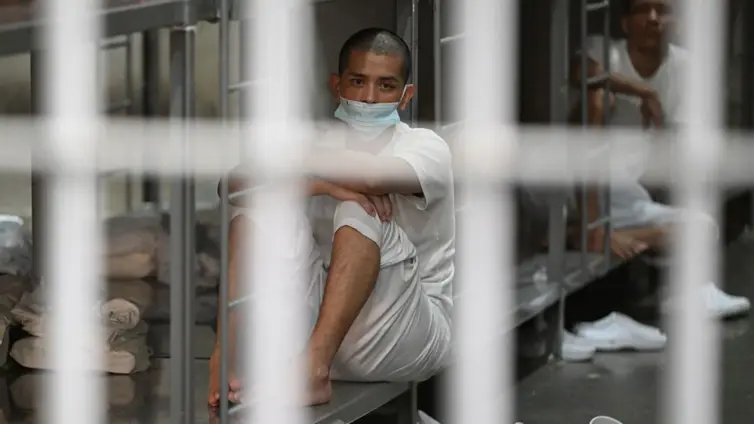DAR ES SALAAM—President Samia Suluhu Hassan of Tanzania has issued a stern warning aimed squarely at Kenyan activists, signaling a potential hardening of the political climate ahead of upcoming elections. Her message was clear: Tanzania will not tolerate external interference that could lead to “chaos.” The statement arrives on the heels of the deportation of several Kenyan lawyers and human rights campaigners who had traveled to Tanzania to observe the court case of prominent opposition leader Tundu Lissu, highlighting the government’s sensitivity to outside scrutiny of Tanzania politics.
The move has sparked concerns among international observers and rights groups about the state of political freedom in Tanzania, particularly as the nation prepares for crucial elections. The case of Tundu Lissu, who faces serious charges, has become a focal point for these concerns, drawing attention to what critics describe as a broader pattern of political repression. As Tanzania politics heats up, the actions of President Samia’s administration are under intense scrutiny.
The deportation of the Kenyan activists served as the immediate catalyst for President Samia’s warning. The activists, including lawyers and rights campaigners, had intended to attend the court proceedings of Tundu Lissu, a leading figure in the opposition Chadema party. Their presence, however, was viewed by the Tanzanian government as an unwelcome intrusion into its internal affairs.
“We will not give a chance to anyone to come and destroy us,” President Samia stated firmly, according to reports in local media. Her message underscored the government’s determination to maintain peace and stability, framing any external involvement as a potential threat to this objective. The government’s perspective is that allowing foreign activists to meddle in domestic legal matters could undermine the country’s sovereignty and incite unrest.
Tundu Lissu, the man at the center of this controversy, is a significant figure in Tanzania politics, serving as a key leader within the Chadema party. His arrest on April 9 on charges of treason and publishing false information online has ignited a firestorm of controversy. The specific allegations against him include inciting rebellion and accusing the police of electoral misconduct. These are serious charges that carry significant penalties under Tanzanian law.
Lissu’s court appearance on Monday, June 2, was marked by a heavy security presence, reflecting the gravity with which the authorities are treating the case. Lissu’s legal team has voiced concerns about the fairness of the proceedings, citing what they perceive as undue political influence. Despite the legal challenges and the weight of the charges against him, Lissu delivered a defiant message to his supporters: “You will be fine. You should not fear.”
Human rights groups have expressed growing alarm over what they describe as a crackdown on the opposition in Tanzania, particularly in the lead-up to the October elections. The arrest and subsequent deportation of activists like Boniface Mwangi, Agather Atuhaire, and Martha Karua, have amplified these concerns, raising questions about the government’s commitment to upholding democratic principles.
Critics argue that Tanzania is reverting to the repressive tactics that were characteristic of the era under President John Magufuli. While President Samia initially garnered praise for implementing reforms and opening up political space, these recent actions suggest a concerning shift back towards authoritarianism.
The situation in Tanzania has drawn reactions from former officials and international observers alike. Former Chief Justices Willy Mutunga and David Maraga have weighed in on the matter, emphasizing the importance of upholding the rule of law and ensuring a fair legal process. Maraga noted, “The legal process ahead will be fair, just, and expeditious.”
The arrests, abductions, and killings targeting government critics have been widely condemned, adding to the growing sense of unease about the direction of Tanzania politics. Further complicating matters, the Chadema party was recently disqualified from contesting the general election due to an alleged failure to sign a code of conduct, a move that has been criticized as politically motivated.
These events collectively raise serious questions about the fairness and transparency of the upcoming elections in Tanzania. Tundu Lissu has demanded sweeping changes to ensure that the elections are conducted in a free and fair manner, allegations that the government has vehemently denied. The credibility of the electoral process is now under intense scrutiny, with many observers concerned that the current climate of political repression will undermine the integrity of the vote.
President Samia Suluhu Hassan’s warning to Kenyan activists, coupled with the ongoing legal battle involving Tundu Lissu, paints a picture of heightened political tensions in Tanzania. The concerns expressed by human rights groups and the disqualification of the Chadema party have cast a shadow over the upcoming elections. As Tanzania moves forward, the international community remains vigilant, emphasizing the need for a fair and just electoral process, and the future of Tanzania politics depends on how these challenges are addressed.
Image Source: MYJOYONLINE











